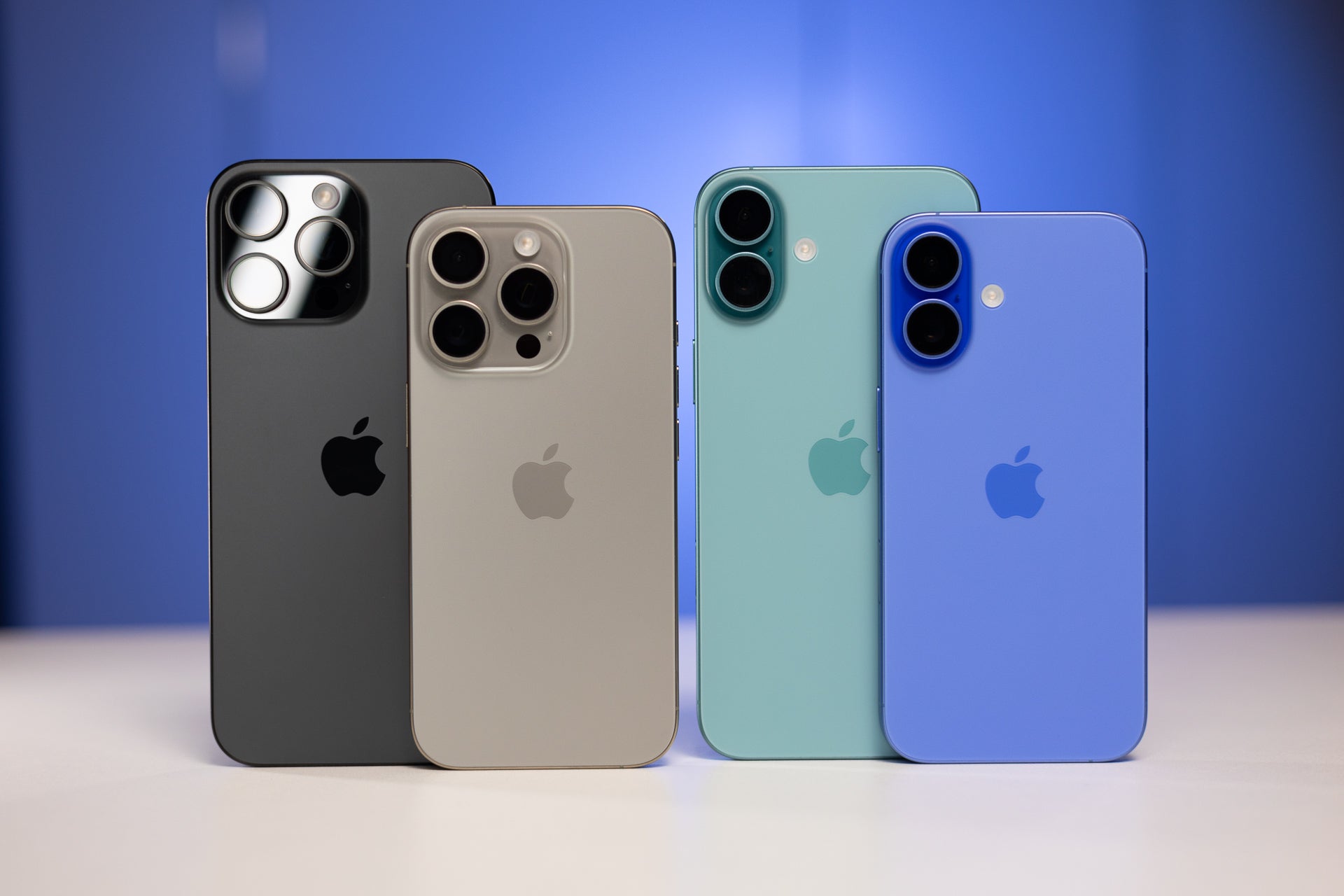Apple’s iPhone manufacturing pivot away from China begins with this unexpected shift
Apple is now assembling the iPhone 16e in Brazil right out of the gate, marking a notable shift in the company’s long-term manufacturing plans. While Brazil has been part of Apple’s production network for years, this is the first time a new iPhone model has been built there from day one. That detail might seem small, but it signals something bigger about Apple’s global strategy.
Traditionally, Apple would move iPhone production to Brazil months after the initial launch. However, this time, customers in Brazil noticed the label “Assembled in Brazil – Brazilian Industry” right on their iPhone 16e boxes. The Apple Store in Brazil also lists the 16e with a model number ending in “BR/A,” which confirms its local assembly. In contrast, units imported from other regions carry “BE/A” labels.
This change comes at a time when tensions between the US and China are once again affecting trade. The US has floated the possibility of tariffs on Chinese goods going as high as 245 percent. In response, Apple is looking to reduce its dependency on Chinese manufacturing, a solution that Bloomberg’s Mark Gurman discussed in his “Power On” column a couple of weeks ago. Brazil, which only faces a 10 percent tariff on US imports, offers a more cost-effective alternative.

If the Brazil assembly strategy pays off, we may see other iPhones assembled there in the future.
Documents from Brazil’s telecom regulator confirm that the iPhone 16e is being assembled in Brazil, China and India. In Brazil, the 16e officially costs around $890 USD, but it is already selling at local retailers for about $670 USD thanks to tariff exemptions on locally made products. The same model starts at $600 USD in the US.
It will be interesting to see if this new approach becomes the standard for future iPhones. The volatility of the tariff situation at the moment isn’t necessarily giving Apple a lot of breathing room at the moment, even with the 90-day pause on electronics. There’s simply just no way of knowing what will happen after those 90 days, and that uncertainty is just not sustainable for a business.
If Apple finds success assembling the 16e in Brazil from day one, the company may lean more heavily on Brazil and India moving forward. And if that means lower prices for consumers in some regions, it could be a win on more than one front.